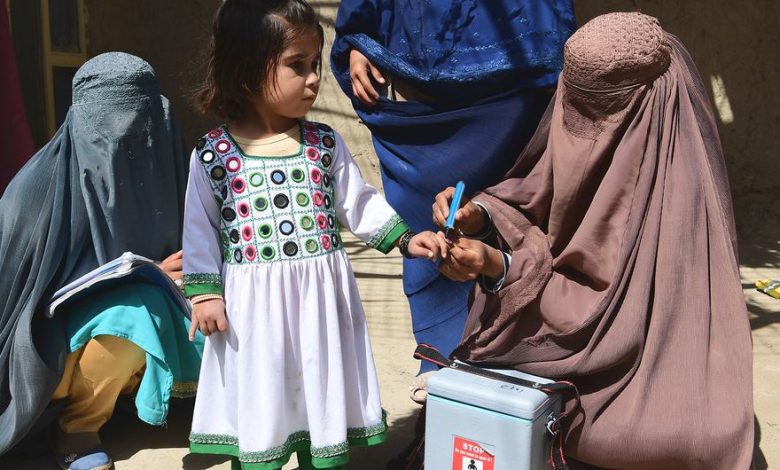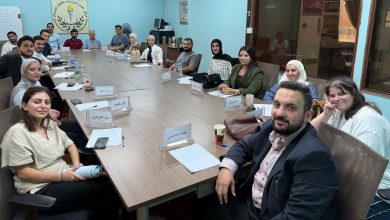Taliban Infringement On Women’s Rights Impacts All Of Afghanistan
By Roos Veeken

Since the reinstatement of the Taliban in 2021, women’s rights have been steadily curtailed in Afghanistan. Even though the Taliban stated they would honor women’s rights in line with the Sharia, the Taliban has infringed on women’s rights in most aspects of life.
Over the past year, women have lost their freedom in terms of education, access to public spaces, traveling and clothing. In the most recent blow the Taliban banned women from working for international and national NGOs, after the group alleged that the women did not adhere to clothing regulations.
About 85 percent of NGOs have stated to have partially or completely shut down operations after the new ban. The affected organizations are in a difficult predicament; on the one hand they do not want to halt the much-needed humanitarian work, but on the other hand they also do not want to indirectly support the Taliban’s discriminatory laws.
Gender Alert
UN Women published a Gender Alert concerning the diminishing women’s rights of Afghanistan. The report states that the new ban will not only impact women working in NGOs, but all of Afghanistan as well. Firstly, because of this ban NGOs will not function efficiently, as women make up between 30 to 45 percent of all NGO staff in Afghanistan. As a consequence, 85 percent of NGOs have halted operations.
Secondly, the ban impacts beneficiaries and blocks NGOs’ access to affected women and girls. Female humanitarian workers are essential in providing women and girls with life-saving services, such as providing food to vulnerable populations, distributing hygiene kits and reaching women with health services. This is encapsulated by the words of an Afghan woman consulted by the UN: ‘women can do what men do, but men cannot do what women do.’ Depriving women and girls of these services could ultimately lead to worsening gender equality and public health, and increased food insecurity. This in turn will lead to negative coping strategies, such as suicide, human trafficking of women, emigration and forced marriage.
Furthermore, the lack of organizational response and mitigation measures – which NGOs provide – will have a dire impact on living conditions in all of Afghanistan. UN Women states that organizations have started negotiations with foreign affairs and community leaders to find exemptions. However, if this latest directive of the Taliban goes unchallenged, it will pave the way for another series of directives aimed at erasing women and girls from participating in public life.
Finally, UN Women highlights the economic consequences of banning women from working. The report states that 84 per cent of the surveyed organizations are planning to lay off female staff. These women will be unable to support their families, which will cause the already contracting economy to deteriorate further.
In January the Taliban allowed women to work in healthcare organizations as female health staff and in office support roles. However, many organizations are still working hard to reverse the bans all together.
ACHRS’ stance
One of ACHRS’ five pillars is women’s rights, therefore ACHRS condemns all oppression of women and girls by the Taliban and any infringement to their right to participation, access to education, as well as the repression of women’s public freedoms in Afghanistan. ACHRS supports activists and defenders of human and women’s rights in Afghanistan.
ACHRS urges human rights organizations to keep working on reversing the ban of women working for NGOs since this could be a stepping stone for other discriminatory directives. Furthermore, if it is possible to reverse the latest ban, it may be easier to reverse previous bans as well.
Sources: UN Women; HRW; CNN; Al Jazeera
Picture source: UN News



